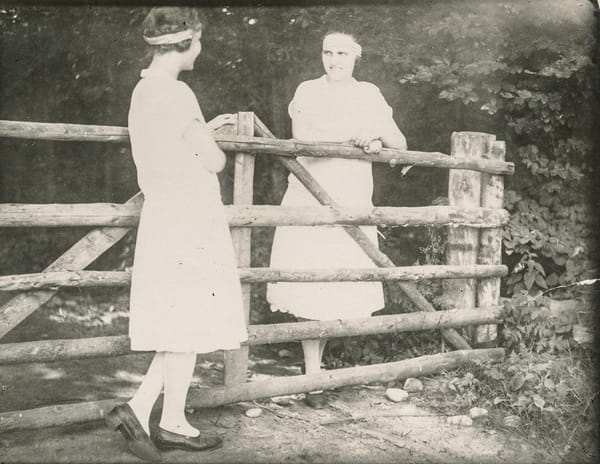Understanding the Meaning Behind 'What Goes Around Comes Around'
Often heard in conversations about karma, fairness, and life's lessons, this saying suggests that our actions have a way of coming back to us, for better or worse.

The phrase "what goes around comes around" is a familiar axiom that resonates deeply with many of us, serving as a universal reminder of the cyclical nature of our actions and their consequences.
At its core, this saying embodies the concept of karma, suggesting that the energy we put out into the world—whether good or bad—will eventually make its way back to us.
But is the return of our actions inherently positive or negative?
The Essence of the Phrase
To understand the true meaning behind "what goes around comes around," it's essential to recognise it as a reflection of balance and fairness in the universe.
The phrase implies that there is an invisible force ensuring that justice is served, by rewarding good deeds and punishing wrongdoing.
This concept is not confined to any single culture or religion; it's a universal principle observed in various forms across different societies and spiritual beliefs.
The Positive Aspect
On the positive side, "what goes around comes around" serves as a motivational reminder to engage in acts of kindness, generosity, and honesty.
It suggests that good actions lead to positive outcomes, not only for the recipients of those actions but also for the individuals who perform them.
This can manifest in various forms, such as a sense of fulfillment, happiness, and even tangible rewards. Essentially, it reinforces the idea that being good and doing good creates a ripple effect, contributing to a more positive and supportive environment for everyone.
The Negative Consequence
Conversely, the phrase also warns against the repercussions of negative actions. Harmful behaviours, such as deceit, selfishness, and cruelty, are believed to eventually come back to harm the perpetrator.
This perspective serves as a deterrent against unethical behaviour, highlighting the potential for negative actions to lead to undesirable outcomes. It's a reminder that injustices and wrongdoings are not overlooked but are instead addressed in due time, maintaining the balance of moral order.
Is Positive as Negative?
When we consider whether the return of our actions is as positive as it is negative, the answer lies in the intention and nature of those actions.
The principle of "what goes around comes around" is neutral; it simply mirrors the energy and actions we put forth.
Positive actions tend to yield positive returns, while negative actions bring about negative consequences.
The beauty of this concept lies in its simplicity and fairness—it encourages us to be mindful of our actions and their impact on our lives and the lives of others.
A Biblical Perspective
As found in Galatians 6:7, which states,
"Do not be deceived: God cannot be mocked. A man reaps what he sows."
The Bible says this in a straightforward way: "You get back what you give".
This verse teaches us that if we sow goodness and kindness, we will reap blessings and positivity in return. Conversely, sowing negativity leads to hardship and struggles.
The Power of Forgiveness
The Bible also teaches us about the power of forgiveness—a positive action that can lead to healing and restoration.
By forgiving others, we release ourselves from the burden of holding onto grudges and bitterness. This act of kindness not only benefits the one who is forgiven but also brings peace to the forgiver, showcasing how positive actions can lead to positive outcomes for everyone involved.
Faith Guides Us
Faith is like a friendly guide that shows us the best path to take.
It tells us that doing good things is not just nice but something God likes. When we do these good deeds, we're not just making others happy; we're also filling our own hearts with joy.
Doing Good in Fun Ways
Instead of just talking about being nice or forgiving, let's think of fun and unique ways to do good:
- Secret Friend: Be a secret buddy to someone. Do nice things for them without them knowing it's you.
- Smile Spreader: Challenge yourself to make three people smile every day. It could be as simple as telling a joke or giving a compliment.
- Kindness Rocks: Paint rocks with happy messages or fun pictures and leave them where people will find them. It's a surprise that can brighten someone's day.
- Thank You Notes: Write thank you notes to people who don't expect it, like the bus driver or the mail carrier. Let them know they're appreciated.
It's not always about big gestures; sometimes, the small things have the biggest impact. When we get creative with our kindness, it makes life more interesting for everyone involved.
By mixing our faith with these unique acts of kindness, we're not just waiting for good things to come around; we're making them happen.




